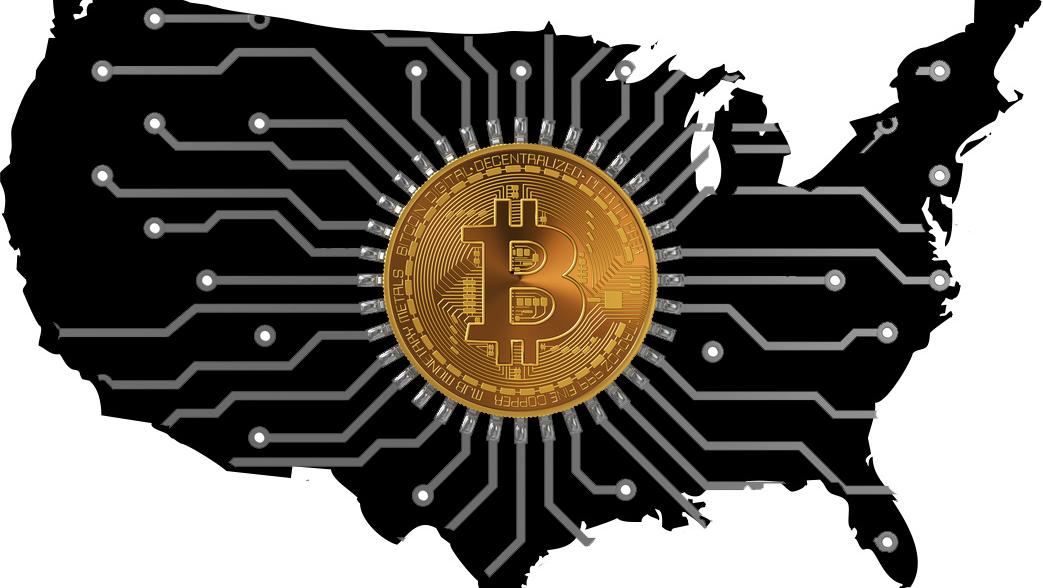PALO ALTO, Calif. (Reuters) - The Federal Reserve is looking at a broad variety of problems around digital payments and currencies, consisting of policy, style and legal considerations around possibly providing its own digital currency, Guv Lael Brainard said on Wednesday. Brainard's remarks suggest more openness to the possibility of a Fed-issued digital coin than in the past." By changing payments, digitalization has the prospective to provide higher value and benefit at lower cost," Brainard stated at a conference on payments at the Stanford Graduate School of Business.
Reserve banks globally are discussing how to handle digital finance innovation and the dispersed journal systems used by bitcoin, which guarantees near-instantaneous payment at potentially low expense. The Fed is developing its own round-the-clock real-time payments and settlement service and is currently evaluating 200 comment letters sent late in 2015 about the suggested service's design and scope, Brainard said.
Less than 2 years ago Brainard informed a conference in San Francisco that there is "no engaging showed requirement" for such a coin. However that was before the scope of Facebook's digital currency ambitions were extensively understood. Fed authorities, including Brainard, have raised issues about customer securities and data and privacy hazards that might be presented by a currency that might enter into usage by the third of the world's population that have Facebook accounts.

" We are working together with other reserve banks as we advance our understanding of main bank digital currencies," she said. With more nations checking out providing their own digital currencies, Brainard said, that adds to "a set of factors to also be making sure that we are that frontier of both research study and policy advancement." In the United States, Brainard stated, problems that require research study include whether a digital currency would make the payments system much safer or easier, and whether it might position financial stability dangers, including the possibility of bank runs if money can be turned "with a single swipe" into the central bank's digital currency.
To counter the monetary damage from America's extraordinary national lockdown, the Federal Reserve has taken unmatched steps, including flooding the economy with dollars and investing directly in the economy. Most of these relocations received grudging approval even from numerous Fed skeptics, as they saw this stimulus as needed and something just the Fed might do.
My brand-new CEI report, "Government-Run Payment Systems Are Risky at Any Speed: The Case Against Fedcoin and FedNow," details the dangers of the Fed's present strategies for its FedNow real-time payment system, and proposals for central bank-issued cryptocurrency that have been called Fedcoin or the "digital dollar." In my report, I talk about concerns about personal privacy, data security, currency manipulation, and crowding out private-sector competitors and innovation.
Supporters of rafaeljzdf237.raidersfanteamshop.com/federal-reserve-considers-fedcoin-digital-currency FedNow and Fedcoin say the federal government needs to create a system for payments to deposit quickly, instead of motivate such systems in the personal sector by lifting regulatory barriers. But as kept in mind in the paper, the economic sector is offering an apparently limitless supply of payment Click here for more info innovations and digital currencies to fix the problemto the extent it is a problemof the time space between when a payment is sent and when it is received in a bank account.
And the examples of private-sector development in this area are numerous. The Clearing House, a bank-held cooperative that has actually been routing interbank payments in numerous kinds for more than 150 years, has actually been clearing real-time payments since 2017. By the end of 2018 it was covering 50 percent of the deposit base in the U.S.